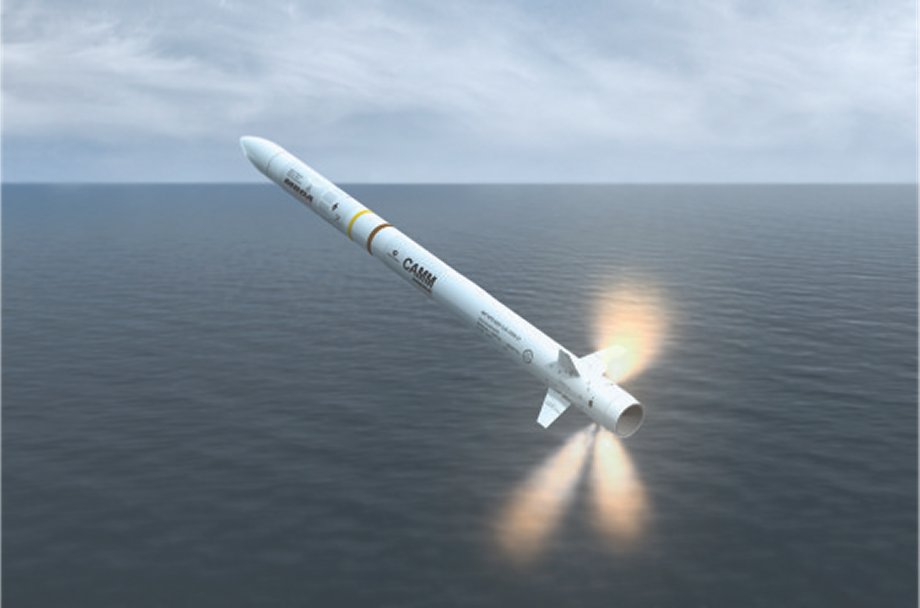Breaking news
MBDA to equip Polish Navy Miezcnik class frigates with Sea Ceptor.
According to a PR published by January 12, 2024, MBDA has secured a contract to equip the Polish Navy's new Miecznik-class frigates with its Sea Ceptor naval air defense system.
Follow Navy Recognition on Google News at this link
 Artist rendering of the Common Anti-air Modular Missile. (Picture source: MBDA)
Artist rendering of the Common Anti-air Modular Missile. (Picture source: MBDA)
This latest generation system is designed to shield naval vessels against contemporary air and surface threats, including supersonic anti-ship missiles and unmanned surface vessels.
This contract is a continuation of the strategic partnership between MBDA and Poland, particularly around the CAMM (Common Anti-air Modular Missile) family of air defense missiles.
Poland plans to integrate its existing CAMM missile stockpiles with the Miecznik frigates, benefiting from the system's interoperability across both land and maritime domains.
The Sea Ceptor system will be installed using a quad-packing solution in the Mk41 Vertical Launching System (VLS), which enhances the frigates' load-out capacity and survivability.
MBDA's collaboration with Poland's PGZ (Polska Grupa Zbrojeniowa) extends to the development of a sovereign missile capability within Poland through the NAREW program.
This program, supported by a substantial transfer of knowledge and technology from MBDA, aims to strengthen Poland's defense capabilities. The integration of the CAMM family into various Polish defense programs like PILICA+, NAREW, and MIECZNIK, is expected to bring significant operational efficiencies and bolster the Polish defense industry.
The Miecznik contract underscores the growing strategic relationship between MBDA and PGZ, which includes joint efforts on a future medium-range CAMM missile. It also highlights the robust defense cooperation between the United Kingdom and Poland. Countries that have adopted this system include the UK, Italy, Canada, Brazil, and most recently Sweden, alongside Poland.
Context
Poland's enhanced naval capabilities have particular significance for the security dynamics in the Baltic region. Given the strategic importance of the Baltic Sea for NATO and European security, stronger Polish naval forces contribute to regional stability. In the face of potential threats from neighboring regions, particularly Russia, advanced defense systems are vital for maintaining a credible deterrence posture.


























